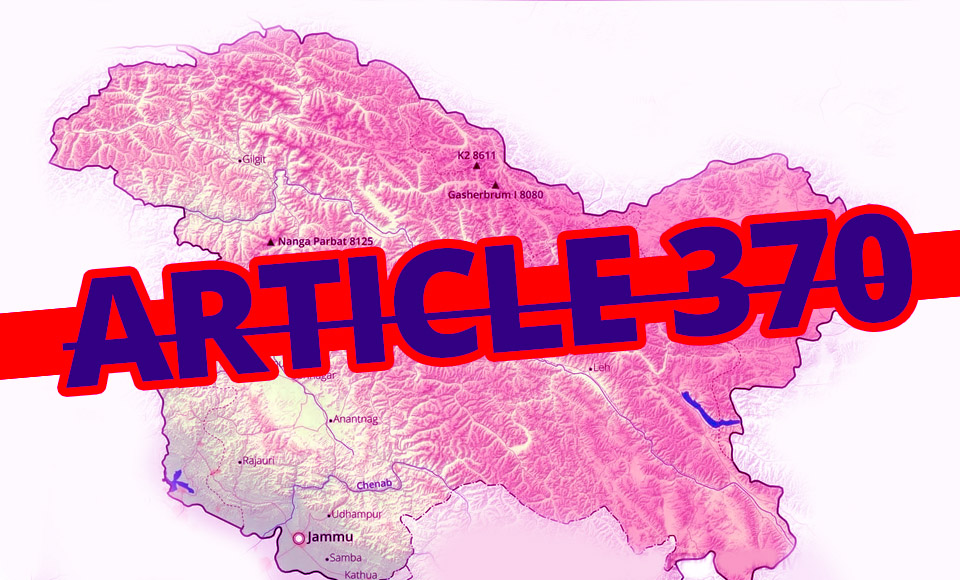
Article 370 case: Shah Faesal, Shehla Rashid seek to withdraw names from petitioners' list

The Supreme Court on Tuesday (July 11) said it would commence day-to-day hearing from August 2 on a batch of petitions challenging the abrogation of Article 370 of the Constitution that bestowed special status on the erstwhile state of Jammu and Kashmir.
A five-judge Constitution bench headed by Chief Justice DY Chandrachud, which passed several procedural directions, fixed July 27 as the deadline for the filing of written submissions and convenience compilations by different parties.
The bench, also comprising Justices Sanjay Kishan Kaul, Sanjiv Khanna, BR Gavai, and Surya Kant said hearing on the batch of petitions will be held on a day-to-day basis except on Mondays and Fridays, which are days for hearing miscellaneous matters in the apex court.
Also read: After Article 370 abrogation, peace established in JK: Amit Shah
It appointed two lawyers — one each from the petitioners’ side and the government side — to prepare convenience compilation and file it before July 27, and made it clear that after the said date no documents would be accepted.
The five-judge bench said the Centre’s affidavit filed on Monday (July 10) with regard to conditions prevailing since the August 5, 2019 notification in the erstwhile state of Jammu and Kashmir would have no bearing on the constitutional issue to be adjudicated by the five-judge Constitution bench.
Senior advocate Raju Ramachandran, who is leading the petitioners challenging the constitutional validity of abrogation of Article 370, said two petitioners — IAS officer Shah Faesal and Shehla Rashid Shora — have filed an application for withdrawal of their names from the list of petitioners.
Also read: Article 370 abrogation only on paper says Raut; rues Kashmiri Pandits’ plight
Solicitor General Tushar Mehta, appearing for the Centre, said he had no difficulty if anyone wished to withdraw his or her name from the list of petitioners. The bench then allowed Shah and activist Shora to delete their names from the list of the petitioners.
On August 5, 2019, the Centre decided to strip the erstwhile state of Jammu and Kashmir of special status and bifurcate it into two union territories. Several petitions challenging the Centre’s decision to abrogate the provisions of Article 370 and the Jammu and Kashmir Reorganisation Act, 2019, which split J-K into two union territories — Jammu and Kashmir, and Ladakh were referred to a Constitution bench in 2019.
By abrogating Article 370, the Central government had revoked the special status of Jammu and Kashmir.
Court rejects plea for seven-judge bench
The case was originally listed in March 2020 before a five-judge Constitution Bench which rejected the appeal of some petitioners requesting that it be referred to a seven-judge Constitution Bench.
Also read: Mehbooba Mufti: Demolition drive showed how Article 370 ‘protected’ J&K
The reason for this request by the petitioners was because, they argued, two earlier Supreme Court judgements given by separate five-judge benches dealing with the interpretation of Article 370 were in conflict. The judgements quoted by the petitioners were Prem Nath Kaul vs State of Jammu and Kashmir and Sampat Prakash vs State of Jammu and Kashmir.
The five-judge bench in March 2020 declined the request, saying that there was no conflict between these two judgements.
When the same plea was mentioned before a bench headed by Chief Justice DY Chandrachud in February 2023, the CJI said he would “take a call” on listing the same.
(With agency inputs)


